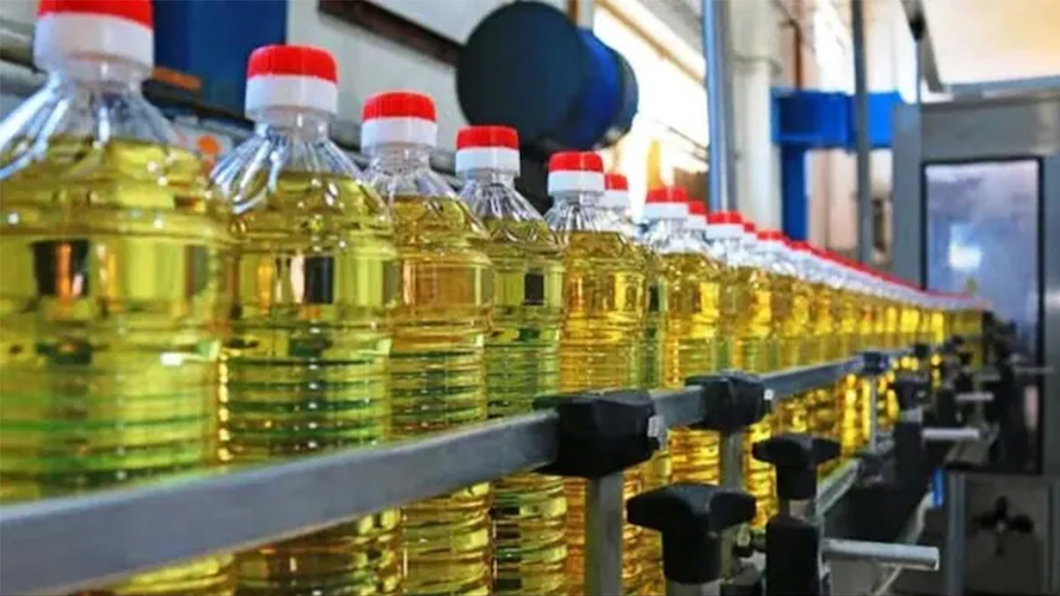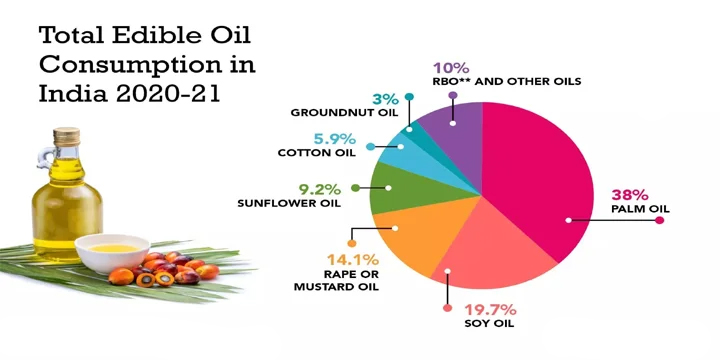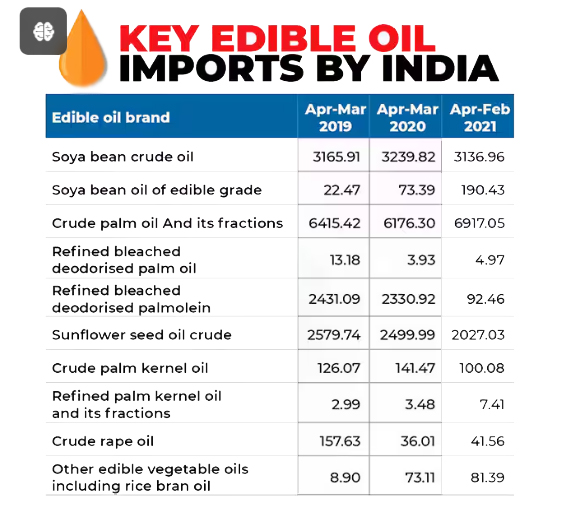

In an important policy decision, the Indian government has announced the extension of reduced import duties on edible oils until March 2025. This move is aimed at managing inflation and stabilizing local prices, ensuring that essential commodities remain affordable for consumers.
The extension comes at a time when retail inflation in India has reached a four-month high of 5.69% in December 2023, driven by rising prices of food items like pulses, vegetables, and cereals. By maintaining lower import duties on crude palm oil, crude sunflower oil, and crude soyoil, the government aims to mitigate these inflationary pressures and provide relief to consumers.
Sandeep Bajoria, CEO of Sunvin Group, highlighted that this decision was expected, as the government seeks to keep prices in check ahead of the upcoming elections. This extension is part of a broader strategy to manage local prices and prevent any sharp rise in the future.

The government has taken several steps in recent years to control rising food prices. In 2022, a ban was imposed on wheat exports, followed by restrictions on non-basmati white rice exports. This year, the government temporarily suspended sugar exports to ensure domestic supply and price stability. Trade Minister Piyush Goyal has confirmed that these export restrictions will continue for the time being.

India sources palm oil mainly from Indonesia, Malaysia, and Thailand, while soyoil and sunflower oil imports come from Argentina, Brazil, Russia, and Ukraine. In December, India's palm oil imports surged to a four-month high, driven by competitive pricing of refined palmolein.
The extension of lower import duties is not expected to alter the existing duty structure, according to industry experts. This means there will be no immediate impact on local prices or import patterns. However, the prolonged lower duties will continue to support price stability in the edible oil market.
By extending the lower import duties on edible oils, the government demonstrates its commitment to managing inflation and ensuring that essential commodities remain affordable for consumers. This measure is part of a larger effort to stabilize key commodity markets and support economic well-being.
The extension reflects the administration's ongoing efforts to provide stability in the market and address the concerns of consumers. By preventing sharp price increases in essential commodities, the government aims to offer relief to consumers and support overall economic stability.